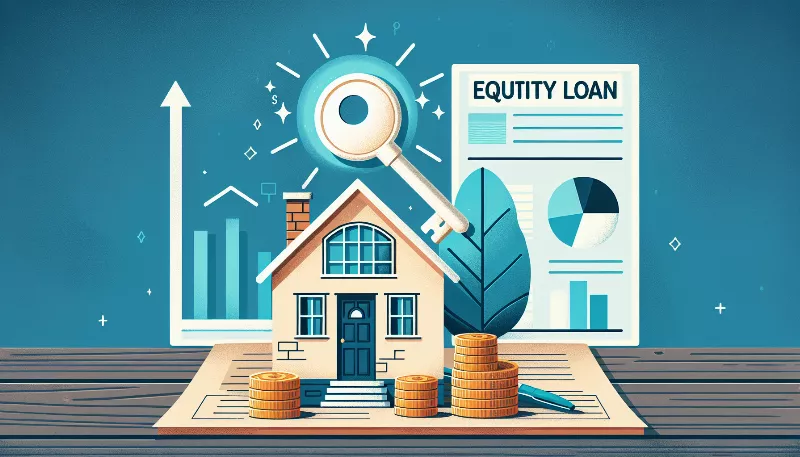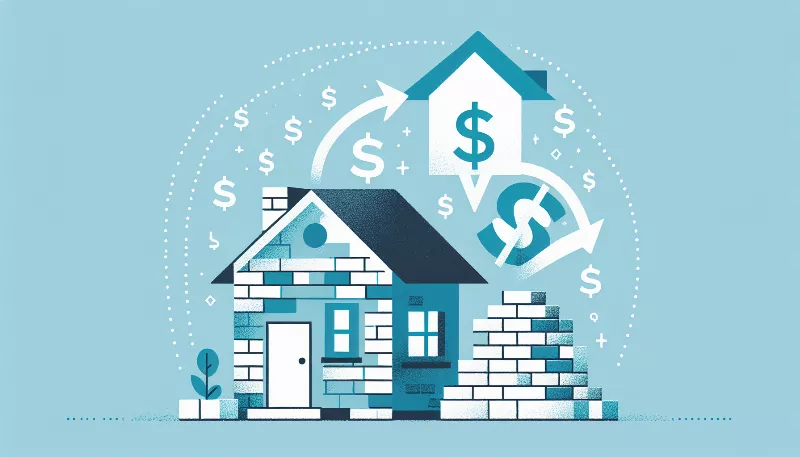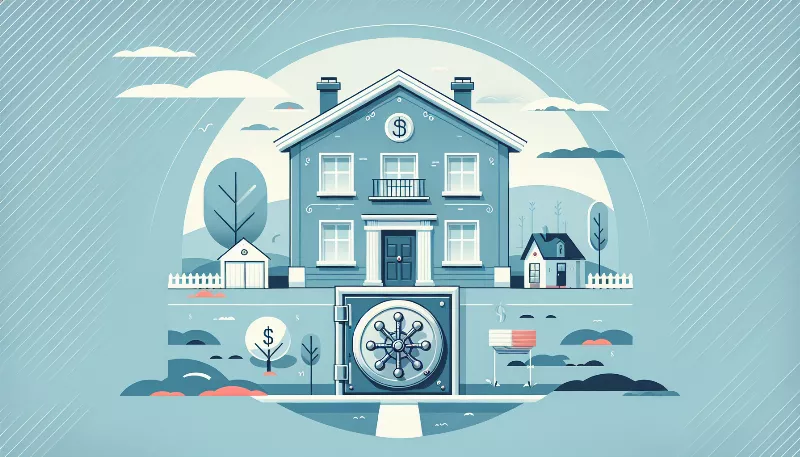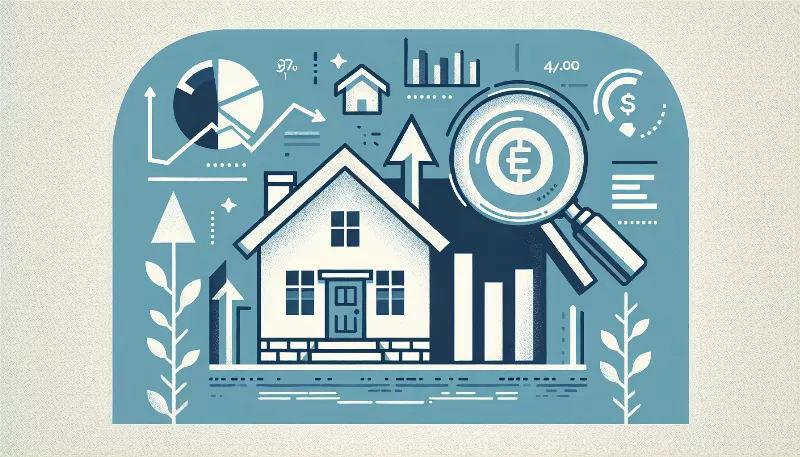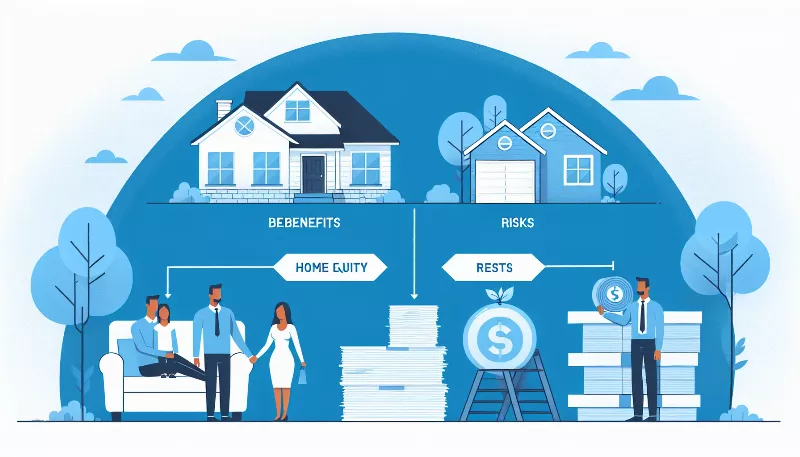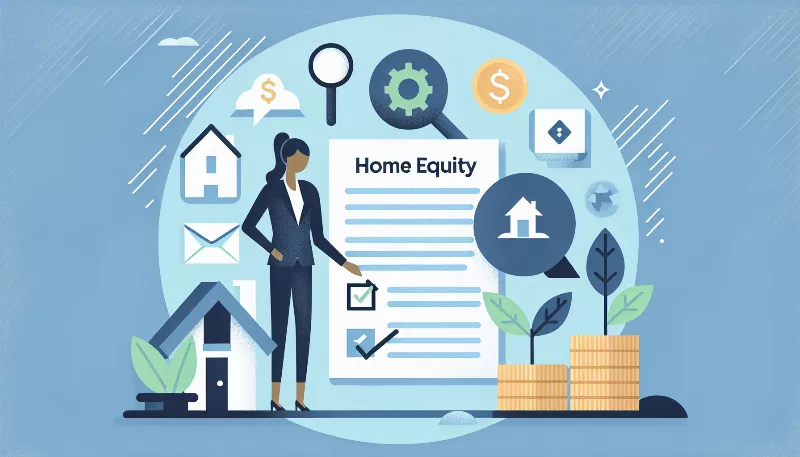What exactly is a home equity loan and how does it differ from a mortgage?
Unlock the value in your home with a home equity loan. Learn the differences from a mortgage and how to leverage your property's equity wisely.
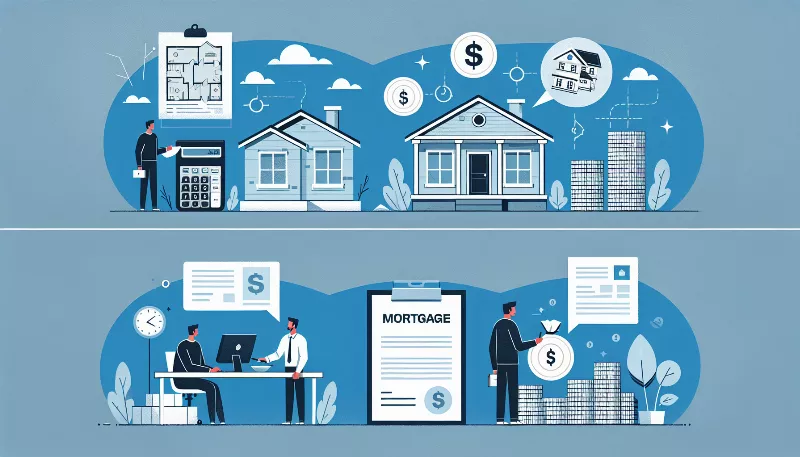
Discover the Power of Home Equity Loans
Are you a homeowner looking to tap into the wealth tied up in your property? A home equity loan might be the golden key you need! This financial tool allows you to borrow against the value of your home, providing access to funds for a variety of uses. But what exactly is a home equity loan, and how does it stand apart from a traditional mortgage? Let's dive in and explore the exciting world of home equity loans!
Understanding Home Equity Loans
A home equity loan, often referred to as a second mortgage, is a type of loan that permits homeowners to borrow money by leveraging the equity they have built up in their home. Equity is the difference between the current market value of your house and the amount you owe on any mortgages. For example, if your home is worth $300,000 and you owe $200,000 on your mortgage, you have $100,000 in equity. A home equity loan allows you to borrow a portion of this equity, typically up to 85% of your home's value minus what you still owe on the mortgage.
How Home Equity Loans Work
Home equity loans are disbursed as a lump sum and come with a fixed interest rate and a set repayment period, usually ranging from five to 30 years. You'll make regular, fixed payments, just like with a primary mortgage, until the loan is paid off. The predictability of these payments makes budgeting a breeze, giving you peace of mind and a clear path to paying off your debt.
The Difference Between Home Equity Loans and Mortgages
While both home equity loans and mortgages are secured by your property, there are distinct differences between the two. A mortgage is typically used to purchase a home, and it's the first loan taken out on a property. It usually covers most of the home's purchase price and is paid back over a long period, commonly 15 to 30 years.
In contrast, a home equity loan is based on the value you've accumulated in your home over time. It's considered a second mortgage because it's taken out in addition to your primary mortgage. The term of a home equity loan is generally shorter than that of a first mortgage, and the loan amount is smaller since it's based on your accrued equity rather than the home's full purchase price.
Why Choose a Home Equity Loan?
Homeowners opt for home equity loans for various reasons. They offer a way to consolidate high-interest debt, fund home renovations, cover college tuition, or even take a dream vacation. The interest rates on home equity loans are typically lower than those on credit cards or personal loans, making them an attractive option for large expenses.
Things to Consider
Before jumping into a home equity loan, it's crucial to consider the risks. Since your home serves as collateral, failing to make payments could result in foreclosure. It's also important to assess whether you can handle the additional monthly payment on top of your existing mortgage.
Conclusion
A home equity loan can be a fantastic financial strategy for homeowners looking to leverage their property's value. With its fixed interest rates and predictable repayment schedule, it offers stability and the potential to fund life's big moments. However, it's essential to weigh the benefits against the risks and make an informed decision that aligns with your financial goals. If you're considering a home equity loan, consult with a financial advisor to ensure it's the right move for you.
